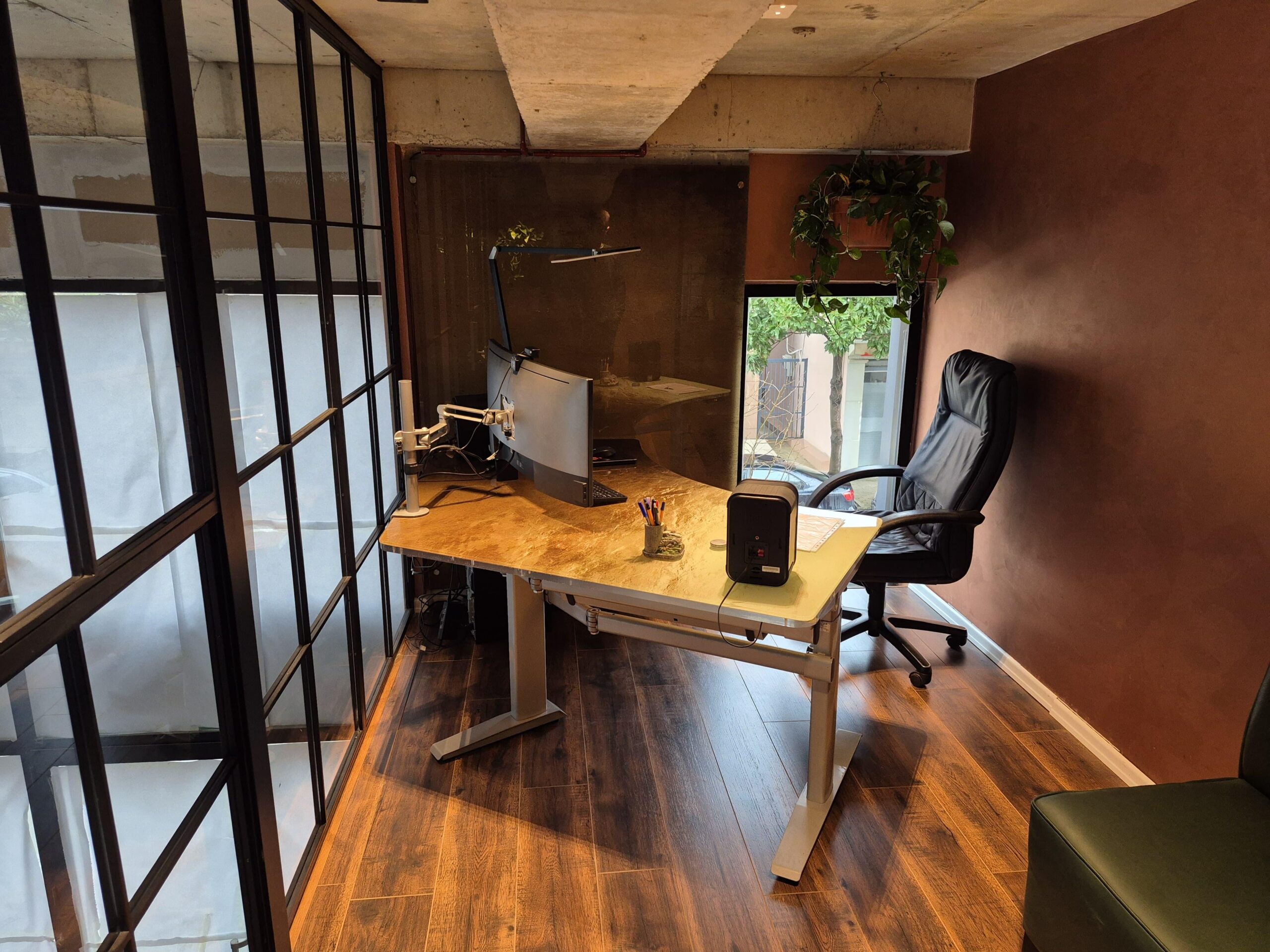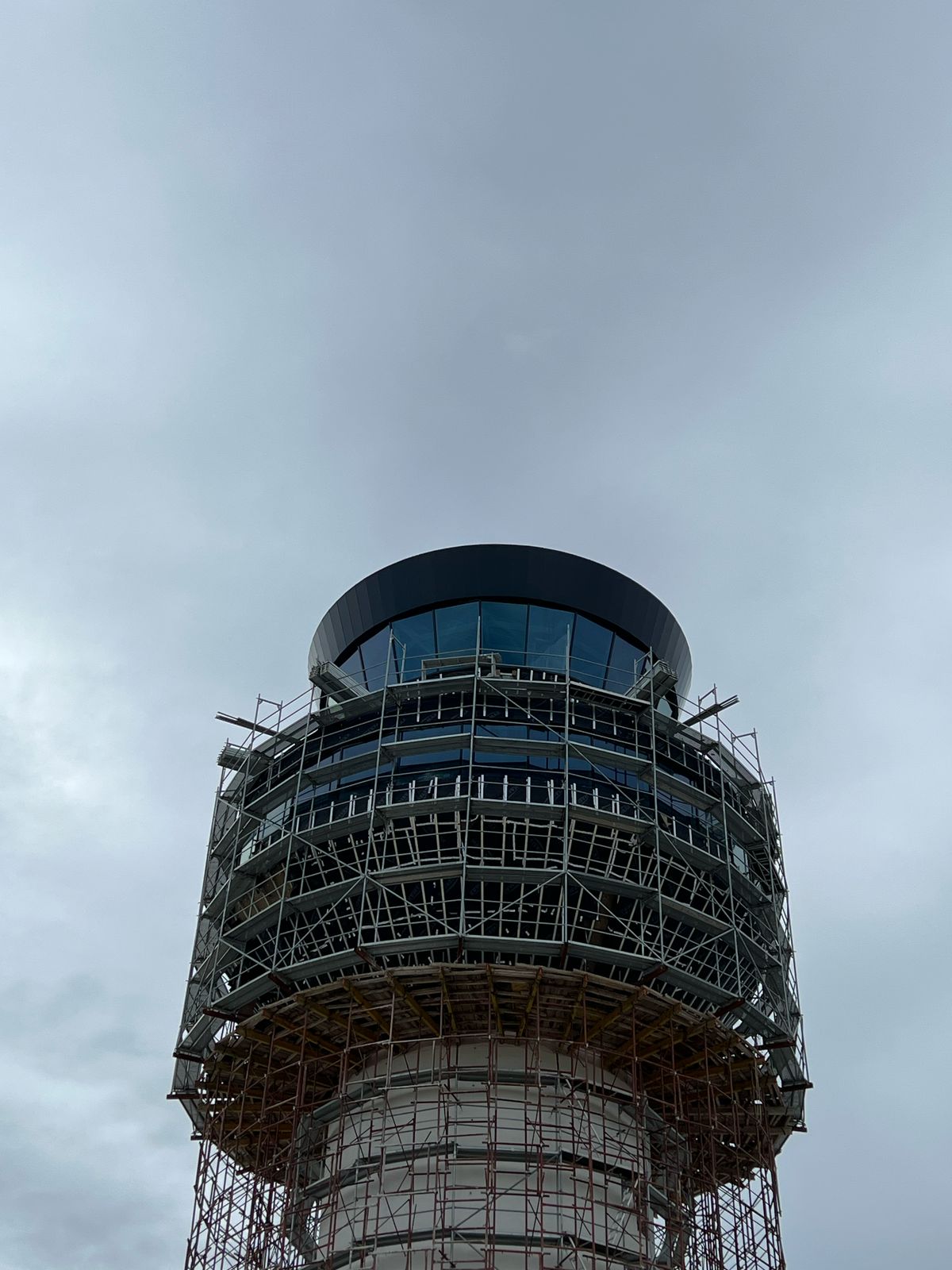The latest report from the American Institute of Architects (AIA) Architecture Billings Index (ABI) offers a sobering outlook for the architecture industry.
March data reveals no respite from the challenges firms have been facing, with the ABI recording a score of 44.1. This figure, significantly below the 50.0 threshold that indicates increasing business conditions, underscores the persistent decline in architecture billings across the nation.
Architecture billings, a critical metric representing the total value of work invoiced to clients, have been on a downward trend for a considerable period. The report highlights that architecture billings have decreased in 27 of the past 30 months, following a period of growth that concluded in September 2022. This sustained decline signals a challenging operating environment for many architecture firms.
Compounding the concerns are declining indicators of future work. Inquiries for new projects have fallen for two consecutive months, suggesting a slowdown in potential new business. Furthermore, newly signed design contracts have seen an unprecedented 13 consecutive months of decline, indicating a significant reduction in firms securing future design work.
According to Kermit Baker, AIA’s chief economist, the current climate is largely driven by client hesitation. “Clients are increasingly cautious about starting projects due to uncertainty over future trends in interest rates and building materials costs, as well as the potential for an economic slowdown,” states Baker. This cautious approach is translating directly into reduced demand for architectural services. Baker further suggests that this “softness in firm billings is likely to continue as indicators of future work remain weak.”
While the current landscape presents significant hurdles, there is a glimmer of resilience. The report notes that the average project backlog at firms currently stands at a “reasonably healthy 6.5 months.” This backlog provides a degree of stability and a buffer against the immediate impact of the downturn, offering firms some ongoing work despite the slowdown in new projects.
Analyzing the key ABI indicators provides further insight into the regional and sector-specific challenges. Regionally, all areas reported scores below 50.0, indicating declining billings across the board. The South recorded the highest regional average at 48.3, followed by the Midwest (45.5), West (43.0), and Northeast (40.5). This geographical distribution underscores the widespread nature of the current market conditions.
A sector breakdown also reveals varying degrees of impact. Institutional projects, mixed practice firms, and commercial/industrial sectors all recorded scores in the mid-40s, indicating declines. The multifamily residential sector appears to be facing the most significant headwinds, with a score of 40.3.
The project inquiries index at 47.7 and the design contracts index at 42.4 further reinforce the concerns about future work. These figures collectively point to a diminished pipeline for architecture firms, suggesting that the current challenging conditions may persist in the near term.
The March ABI report paints a picture of continued contraction within the architecture industry. While firms are experiencing declining billings, a healthy project backlog offers some temporary relief. The prevailing economic uncertainties are clearly influencing client decisions and impacting the initiation of new projects. Firms will need to navigate these challenges carefully, leveraging existing backlogs while strategically adapting to the evolving market landscape. The coming months will be crucial in observing whether these indicators show any signs of stabilization or recovery.
Source: USGlass with additional information added by GlassBalkan







